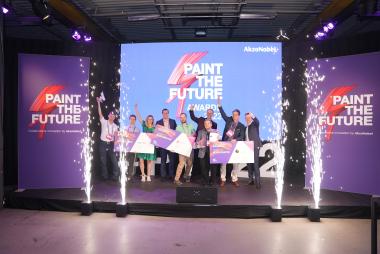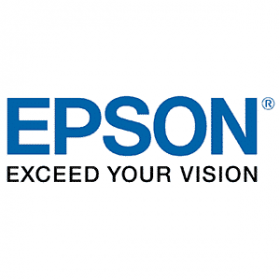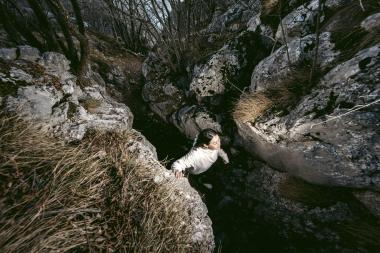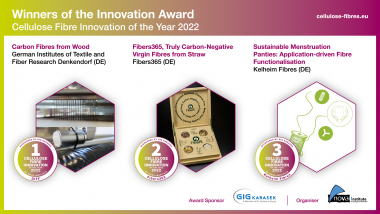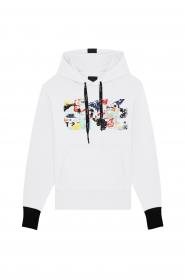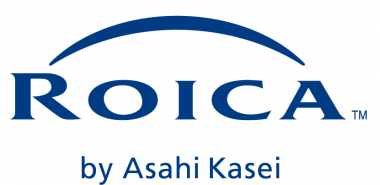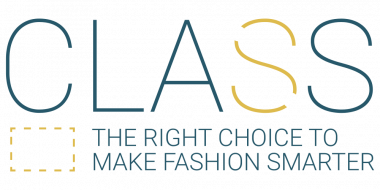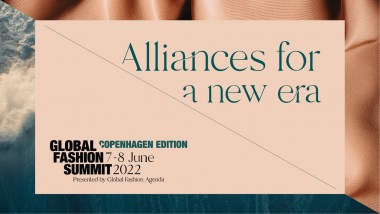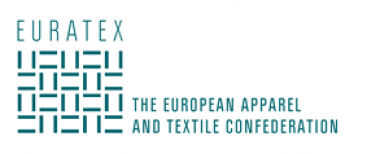Mainetti startet globale Nachhaltigkeitstrategie Full Circle
Mainetti, ein globaler Anbieter von Retail Solutions, startet seine globale Nachhaltigkeits- und Verfahrensstrategie Full Circle und präsentiert seine Ziele bis 2025 und darüber hinaus. Die branchenführende Initiative baut auf dem Erfolg des 2012 gestarteten Plan M auf, mit dem sich Mainetti als "Sustainability First"-Unternehmen etabliert hat.
Full Circle von Mainetti bringt seine globalen Teams zusammen, um einen Teil dazu beizutragen, den Klimanotstand anzugehen. Full Circle wird den zukünftigen Kurs des Unternehmens prägen, einschließlich einer Dekarbonisierung der Tätigkeiten, der Förderung einer Kreislaufwirtschaft und der Garantie auf sichere und effiziente Arbeitsprozesse für die gesamte Belegschaft.
Die Dekarbonisierung der Tätigkeiten bedeutet, dass der Geschäftsbetrieb mit so wenig Energie wie möglich aus nicht-erneuerbaren Energiequellen bestritten wird. Mainetti wird kontinuierlich seine Energieeffizienz steigern, wo immer es möglich ist auf erneuerbare Energien umsteigen und den Rest seines CO2-Fußabdrucks entsprechend ausgleichen. Aktuell entfallen 61 % des Energieverbrauchs der Unternehmensgruppe auf erneuerbare Energien. Die Zielsetzung bis 2025 beträgt 80 %, bis zum Jahr 2030 soll 100 % des Energieverbrauchs aus erneuerbaren Energien stammen.
Mit dem Vertrieb der Kreislaufwirtschaft wird Mainetti neue Produktlinien einführen, die aus erneuerbaren Rohstoffen wie Papier, Karton oder kompostierfähigem Material bestehen. Zudem wird die Wiederverwendung von Kleiderbügeln auf mehr Kunden ausgeweitet und die Verwendung von neuen Kunststoffen so weit wie möglich reduziert. All das baut auf dem letztjährigen, erfolgreichen Start des Mainetti Polyloop auf, der weltweit ersten geschlossenen Recyclinginitiative, welche Mainettis Netzwerk von 47 Produktions- und Recyclingstandorten auf der ganzen Welt nutzt. Bislang zählen bereits einige der größten Namen im Retail-Bereich zu den Nutzern des Mainetti Polyloop™, darunter S.Oliver und Superdry, da es eine konstante Versorgung an qualitativ hochwertigen und zuverlässig recycelten Produkten bietet.
Mainetti / Finn Partners Germany GmbH

















